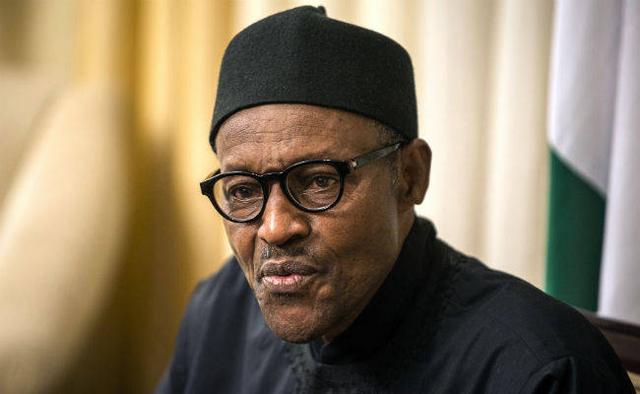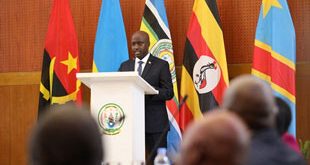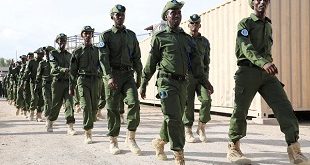
Lagos, Nigeria | AFP | Now that Muhammadu Buhari has ended months of suspense over whether he will seek re-election as Nigeria’s president, all eyes are on the ruling party to see whether it will give him a clear shot at the nation’s top job.
Buhari made history in 2015 when he became the first Nigerian to defeat an incumbent candidate, amid anger over the Boko Haram jihadist insurgency and rampant corruption in West Africa’s largest economy.
But his administration has been criticised for being too slow to address Nigeria’s worst recession in decades, resurgent Islamist attacks and an escalation in bloody clashes between farmers and herdsmen.
Shortly after making the announcement, the 75-year-old former general boarded a plane to London for an undetermined period of time, raising fears that his health is still an issue.
Buhari was away from the capital Abuja for months last year receiving treatment for a mystery illness, leaving vice president Yemi Osinbajo to run the government.
In seeking re-election, Buhari is defying calls from political heavyweights to step aside for a younger, more dynamic candidate.
Former president Olusegun Obasanjo said Nigeria should not “reinforce failure”, while former military ruler Ibrahim Babangida said Buhari was an “analogue” president in a digital age.
Buhari’s first challenge will be to consolidate support within his divided All Progressives Congress (APC) party to win the nomination.
His leadership is contested by a new generation of ambitious rulers who, like him, have a strong base in the north.
Former Kano state governor Rabiu Kwankwaso, Sokoto state governor Aminu Tambuwal and Senate president Bukola Saraki are all rumoured to be interested in the top job.
Still, Buhari is the favourite to win, said Amaka Anku, Africa analyst at Eurasia Group, a Washington-based political risk consultancy.
“No one can really challenge Buhari in the APC for the nomination,” Anku said.
“That’s a part of why he’s coming out now, to settle all the politicking behind the scenes.”
– ‘High-profile defections’ –
The real challenge will come from the opposition Peoples Democratic Party (PDP) candidate, though the party is weakened after being gutted by defections three years ago and tarnished by a series of corruption scandals.
“The PDP is a damaged brand, and it is already having challenges producing any candidate capable of upstaging Buhari,” political analyst Saheed Animashaun wrote in a recent column.
But the best candidate may be yet to come in a country where crossing the floor is common.
“We can expect high-profile defections,” said political analyst Chris Ngwodo. “Some of the contenders might leave to the PDP to pursue their ambitions.”
Atiku Abubakar, former vice president to Olusegun Obasanjo, already quit the ruling party to announce he is seeking the PDP nomination in the party’s primary in August.
Both parties are expected to choose a candidate from Nigeria’s north in accordance with an unofficial rule in the country that the presidency should rotate every eight years between a candidate from the mostly Muslim north and the predominantly Christian south.
Party primaries for presidential, governorship, federal and state elections are scheduled from August 18 to October 7, 2018.
 The Independent Uganda: You get the Truth we Pay the Price
The Independent Uganda: You get the Truth we Pay the Price



